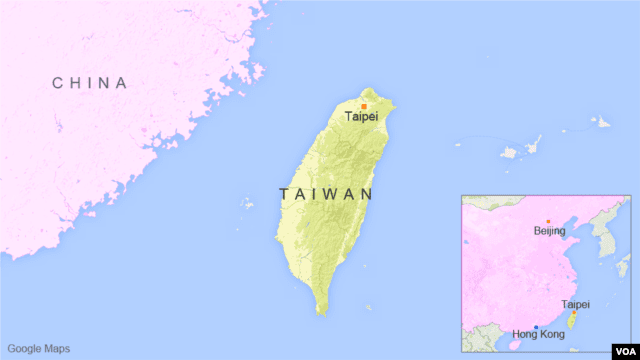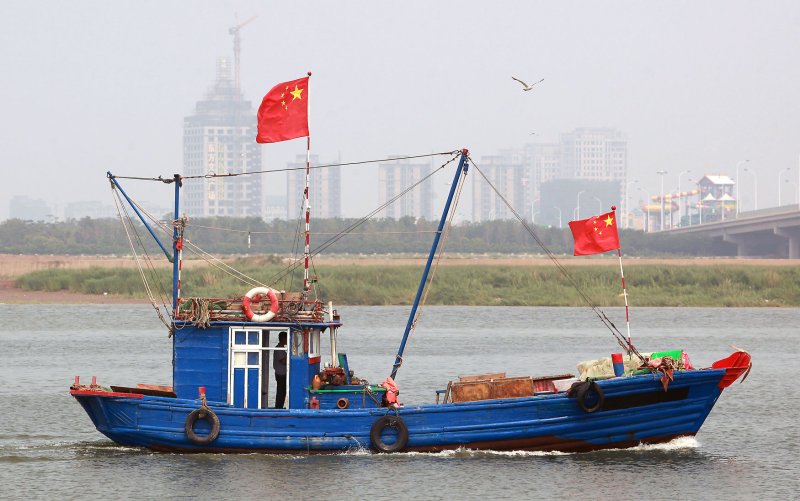Disir
Platinum Member
- Sep 30, 2011
- 28,003
- 9,607
- 910
Dr. Adam Lowther is Director, School of Advanced Nuclear Deterrence Studies, Air Force Global Strike Command. Alex Littlefield is a professor at Feng Chia University.
For the United States and its allies and partners in Asia, China’s aggressive efforts to assert questionable claims in the South and East China Sea, enforce a disputed Air Defense Identification Zone (ADIZ), build the rocket/missile and naval capabilities needed to invade Taiwan, and build a substantial ballistic missile capability all work to create a situation where conflict between the U.S. and the PRC could occur and rapidly escalate. Given that American political and military leaders have a poor understanding of Chinese ambitions and particularly their opaque nuclear thinking, there is ample reason to be concerned that a future conflict could escalate to a limited nuclear conflict.
Thus, it is worth taking a look at the PRC with an eye toward offering insight into Chinese motivation and thinking when it comes to how a possible crisis over Taiwan could escalate to the use of nuclear weapons.
Chinese Capabilities
In their latest estimate, Hans M. Kristensen and Robert S. Norris assess that the Second Artillery Corps possesses forty long-range nuclear missiles that can strike the United States if fired from China’s eastern seaboard and an additional twenty that could hit Hawaii and Alaska. The challenge for China, is reaching the East Coast – home to the nation’s capital and largest economic centers.
To overcome this challenge China is also developing its JL-2 submarine-launched ballistic missile (SLBM) which is a sea-based variant of the DF-31 land-mobile long-range missile that will go to sea on Jin-class submarines. China may also be developing a new mobile missile, the DF-41, which will carry multiple warheads, giving the Chinese a way to potentially defeat an American ballistic missile defense system. It is worth noting that the quantity, though not the quality, of China’s nuclear arsenal is only limited by its dwindling stock of weapons grade plutonium.
This raises the question; to what end is China developing and deploying its nuclear arsenal?
Taiwan and the Prospects for War Between China and America The Diplomat
This is one (out of many) possible scenario that is interesting to take a look at.
For the United States and its allies and partners in Asia, China’s aggressive efforts to assert questionable claims in the South and East China Sea, enforce a disputed Air Defense Identification Zone (ADIZ), build the rocket/missile and naval capabilities needed to invade Taiwan, and build a substantial ballistic missile capability all work to create a situation where conflict between the U.S. and the PRC could occur and rapidly escalate. Given that American political and military leaders have a poor understanding of Chinese ambitions and particularly their opaque nuclear thinking, there is ample reason to be concerned that a future conflict could escalate to a limited nuclear conflict.
Thus, it is worth taking a look at the PRC with an eye toward offering insight into Chinese motivation and thinking when it comes to how a possible crisis over Taiwan could escalate to the use of nuclear weapons.
Chinese Capabilities
In their latest estimate, Hans M. Kristensen and Robert S. Norris assess that the Second Artillery Corps possesses forty long-range nuclear missiles that can strike the United States if fired from China’s eastern seaboard and an additional twenty that could hit Hawaii and Alaska. The challenge for China, is reaching the East Coast – home to the nation’s capital and largest economic centers.
To overcome this challenge China is also developing its JL-2 submarine-launched ballistic missile (SLBM) which is a sea-based variant of the DF-31 land-mobile long-range missile that will go to sea on Jin-class submarines. China may also be developing a new mobile missile, the DF-41, which will carry multiple warheads, giving the Chinese a way to potentially defeat an American ballistic missile defense system. It is worth noting that the quantity, though not the quality, of China’s nuclear arsenal is only limited by its dwindling stock of weapons grade plutonium.
This raises the question; to what end is China developing and deploying its nuclear arsenal?
Taiwan and the Prospects for War Between China and America The Diplomat
This is one (out of many) possible scenario that is interesting to take a look at.




